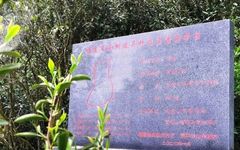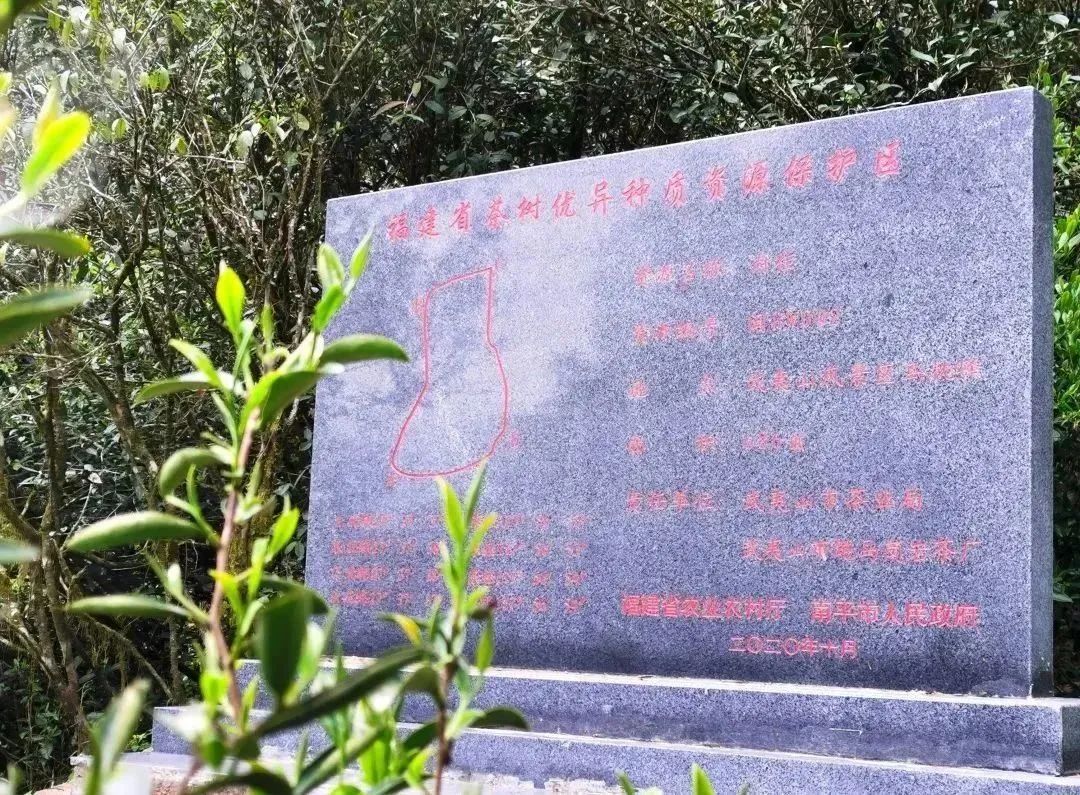
肉桂 (Ròu Guì) – Cinnamon is the flagship variety of Wuyi Rock Tea, known for its rich and commanding aroma, high fragrance, and a unique blend of sweetness and spiciness. Jiang Heng in “Tea Song” mentions, “奇种天然真味存,木瓜微酽桂微辛,” where “桂微辛” refers to cinnamon.
肉桂 (Ròu Guì) contains a wealth of components, including water-soluble extracts (such as polyphenols, soluble pectin, proteins, and water-soluble pigments), and ether extracts (aromatic substances closely related to the fragrance of tea, such as linalool and terpenes) that are higher in content than other varieties. It also has a significant amount of amino acids, monosaccharides, and disaccharides. The composition of catechins is well-balanced, and the synergistic effect of catechins and sugars in tea polyphenols, along with the rich sucrose and maltose that dissolve easily in water, reduces the astringency of tea polyphenols, giving cinnamon its rich, spicy, and sweet aftertaste.

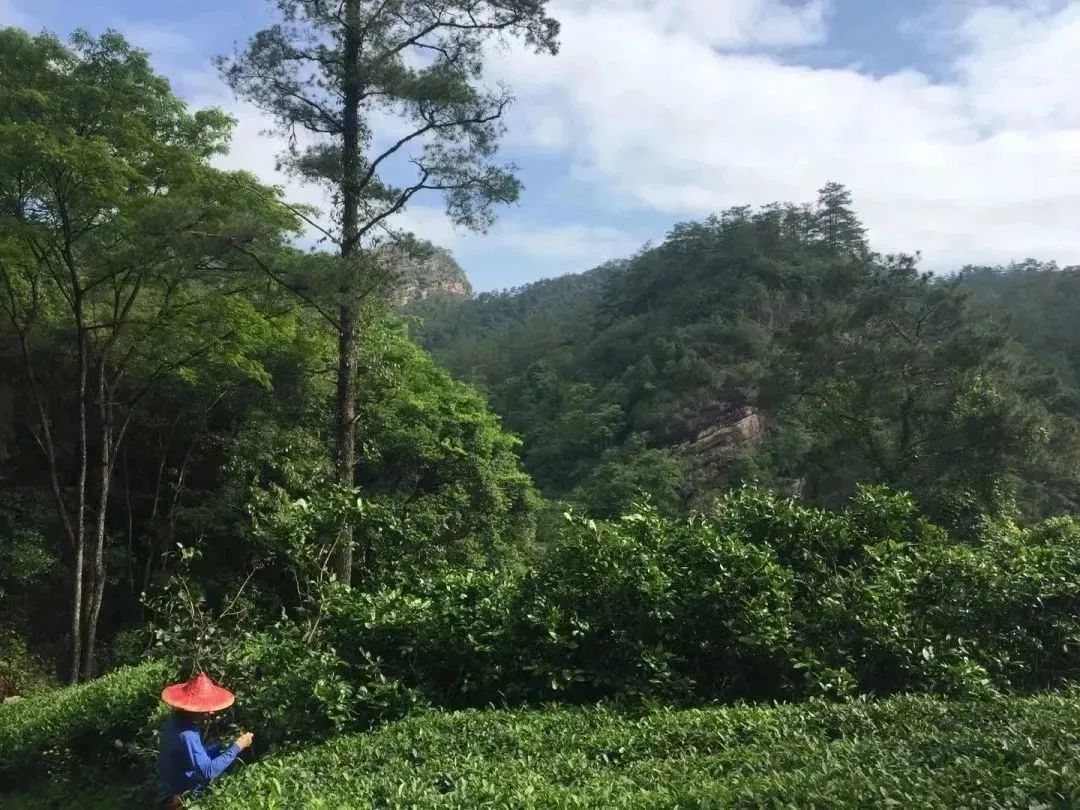
 Why is Cinnamon So Fragrant?
Why is Cinnamon So Fragrant?
In the book “Biochemical Characteristics of Wuyi Cinnamon Varieties” edited by tea master Yao Yueming, experiments and analyses were conducted on the high fragrance of cinnamon:
-
First, there are many types of aromas;
-
Second, the aroma content is high, with aromatic substances being twice that of Narcissus;
-
Third, high boiling point aromatic substances account for a large proportion, such as linalool, methyl salicylate, phenethyl cyanide, and butyric acid, which are all high boiling point aromatic substances in cinnamon tea.

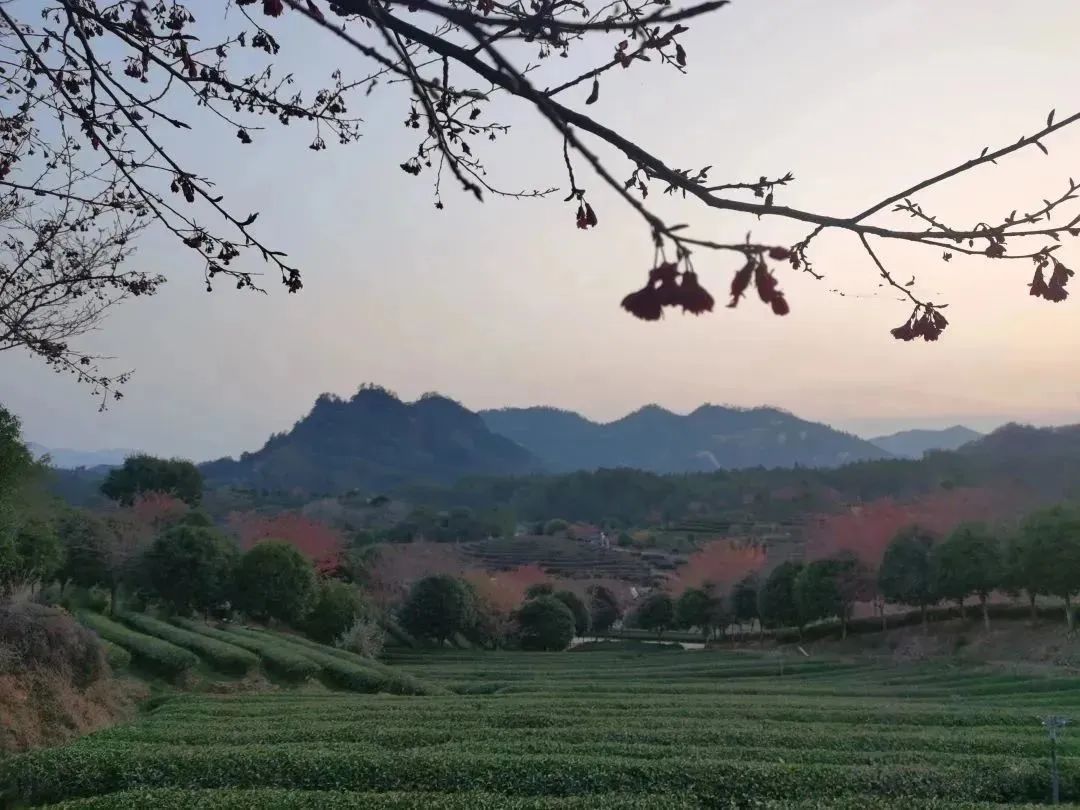
The aroma of cinnamon varies greatly due to factors such as picking time, tenderness, processing degree, roasting level, and storage conditions. Some have floral aromas, some fruity, and others have a cinnamon scent, while some exhibit a combination of floral and fruity aromas. This provides tea enthusiasts with a variety of choices based on their flavor preferences.
 The Impact of Processing on Aroma
The Impact of Processing on Aroma
Cinnamon is a semi-fermented tea that requires several hours of fermentation before killing the green. The fermentation process is crucial as it directly affects the aroma and taste of the tea. The aromatic substances in the tea undergo transformation, and the original green taste gradually turns into a pleasant tea fragrance.
If the fermentation time is short and the degree is low, the interaction between the aromatic substances in the tea is not significant. Those with a “floral” aroma dominate, so lightly fermented cinnamon tends to present more floral notes.
If the fermentation time is extended and the degree increased, the aromatic substances will begin to reorganize and influence each other. Those with fruity aromas will then dominate, resulting in heavily fermented cinnamon exhibiting fruity notes, often reminiscent of peach or roasted nuts.

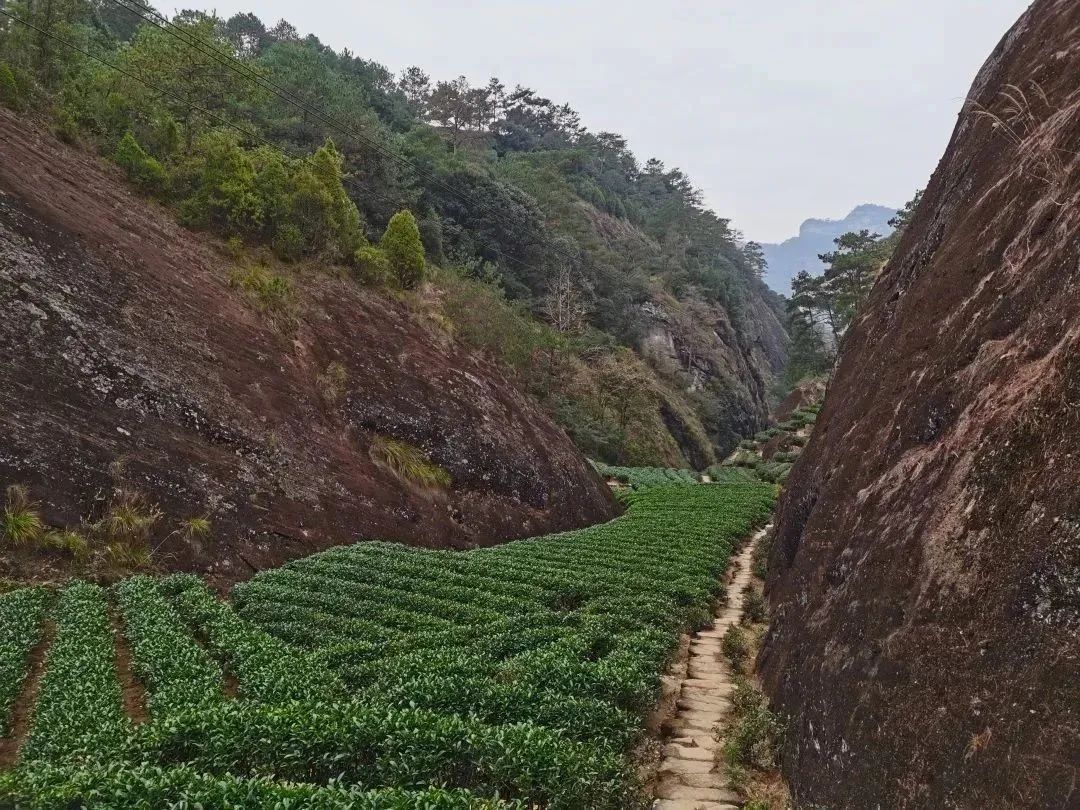
 The Effect of Roasting on Aroma
The Effect of Roasting on Aroma
The purpose of roasting rock tea is twofold: to consolidate and enhance the aroma.
The aromatic substances in the tea not only differ in type but also in boiling point. Generally, low boiling point aromatic substances present floral aromas, while high boiling point substances exhibit fruity aromas.
The degree of roasting affects the generation of aromatic substances. Low temperature and short time roasting activate low boiling point aromatic substances. Therefore, lightly roasted rock teas generally feature refreshing floral aromas, such as orchid, gardenia, and lily. This is a common characteristic of all lightly roasted rock teas, including cinnamon.
When the roasting temperature is increased and the time extended, low boiling point aromatic substances gradually evaporate, and high boiling point aromatic substances begin to emerge. Thus, those with fruity aromas become active, and this cinnamon will possess fruity and even creamy notes.

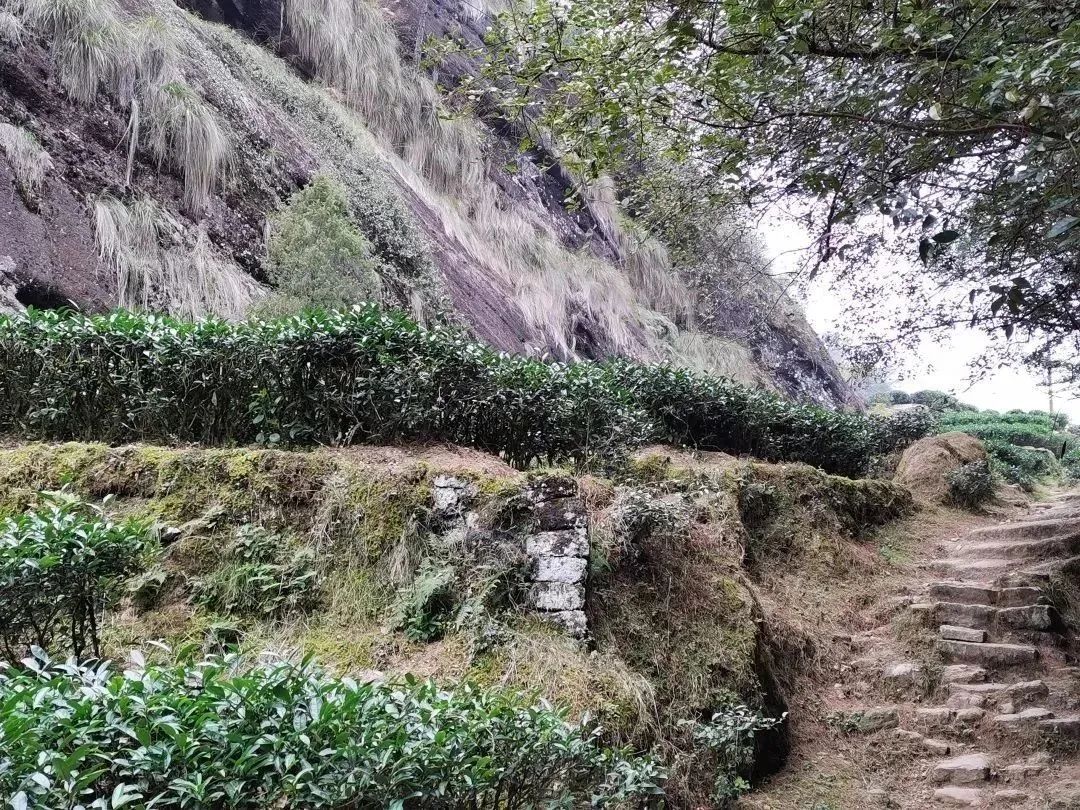
 Why is Cinnamon So Diverse in Aroma?
Why is Cinnamon So Diverse in Aroma?
The picking process greatly determines the aroma type of cinnamon. For instance, tender picking tends to produce creamy aromas, while medium picking often results in floral aromas, and older leaves are more likely to yield fruity aromas. Light fermentation and roasting lead to floral notes; heavy fermentation and roasting result in fruity notes. Light to medium roasted cinnamon exhibits floral aromas, primarily osmanthus and gardenia, while medium to strong roasted cinnamon displays fruity aromas, mainly complex fruit scents. In summary, cinnamon has six types of aromas:

 01桂皮香 (Guì Pí Xiāng) – Cinnamon Aroma
01桂皮香 (Guì Pí Xiāng) – Cinnamon Aroma
Strong spiciness, with a lasting fragrance and rich flavor. The cinnamon aroma is characteristic of the cinnamon variety, regardless of the mountain or tea garden, this aroma is present, with the ultimate expression being the “big cinnamon flavor.” Traditional cinnamon has a pronounced cinnamon aroma, with the best examples having a creamy note, and can still retain fragrance after six or seven brews. The cinnamon aroma is closely related to the degree of roasting.
02花香 (Huā Xiāng) – Floral Aroma
Rich and sweet fragrance, with a noticeable sweet aftertaste. The floral aroma of cinnamon is similar to that of magnolia, osmanthus, or gardenia, along with some indescribable floral notes, distinct from Narcissus, Daphne, and Qi Lan.
03果香 (Guǒ Xiāng) – Fruity Aroma
Represented by peach aroma, achieved through heavy fermentation during production. Heavily fermented cinnamon, after roasting, exhibits fruity aromas. When tasting fruity cinnamon, the initial brews are dominated by fruity notes, transitioning to floral, and finally to woody aromas. The different fruity aromas are primarily related to the production process.
04奶油香 (Nǎi Yóu Xiāng) – Creamy Aroma
After brewing, the creamy aroma often accompanies fruity and floral notes, with a sweet, rich, powdery scent, giving a fresh milk-like sweetness. This is generally not perceived through smell but through taste, experiencing a sweet, powdery sensation with a cooling throat feel.
05焦糖香 (Jiāo Táng Xiāng) – Caramel Aroma
The caramel aroma resembles the scent released when sugar melts at high temperatures, with a sweet, slightly smoky fragrance, reminiscent of freshly fried melon seeds or roasted nuts. During the roasting of rock tea, as the roasting temperature increases, the intensity of the caramel aroma gradually strengthens.
06木质香 (Mù Zhì Xiāng) – Woody Aroma
This aroma gradually appears after all other aromas fade, representing the inherent fragrance of the tea leaves. It typically becomes noticeable after the fourth or fifth brew, especially when smelling the leaves. It is significantly related to the age of the tree and the growing environment.
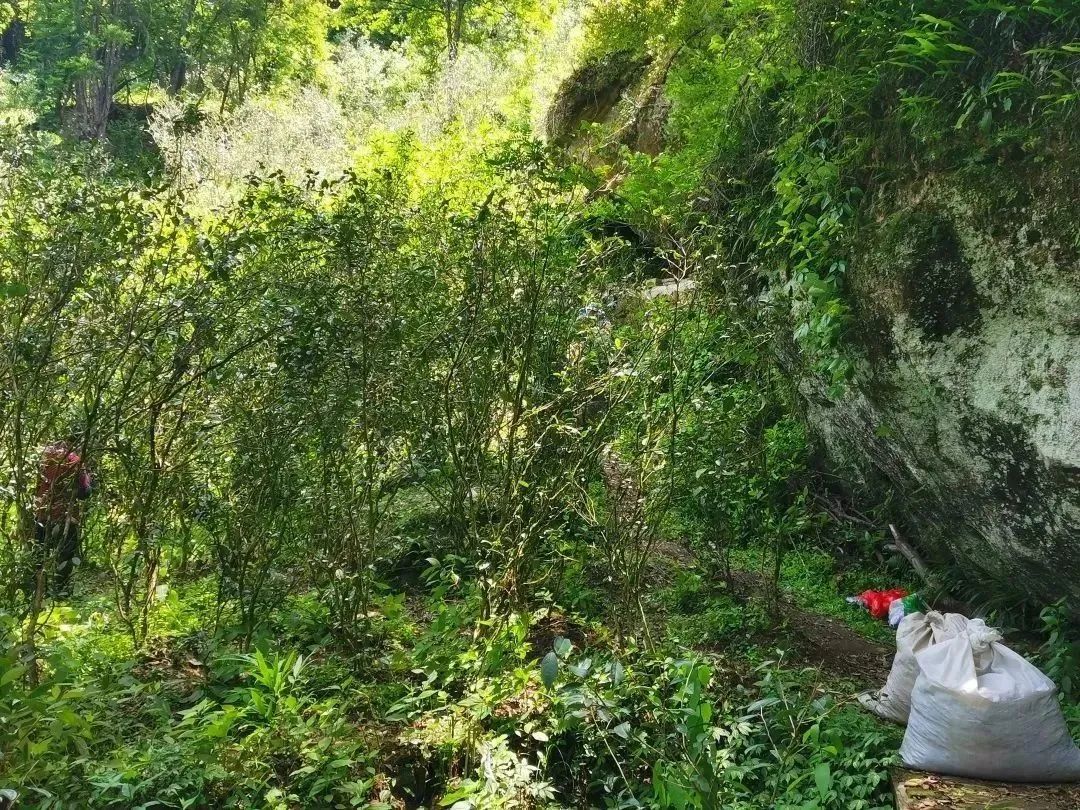

The aroma of cinnamon can effectively counteract other unpleasant flavors, such as bitterness and sourness. This makes cinnamon tea a highly popular beverage, as it allows for a sweet and fragrant experience without the need for added sugar or honey.
 The Commanding Presence of Cinnamon
The Commanding Presence of Cinnamon
For those tasting Wuyi cinnamon tea for the first time, its commanding presence leaves a deep impression on tea drinkers. Upon tasting, there may be a slight bitterness, but it is usually followed by a quick sweet aftertaste that lingers. The term “commanding” applied to the taste of cinnamon indicates a strong and powerful tea essence, contrasting sharply with softer, gentler sensations.
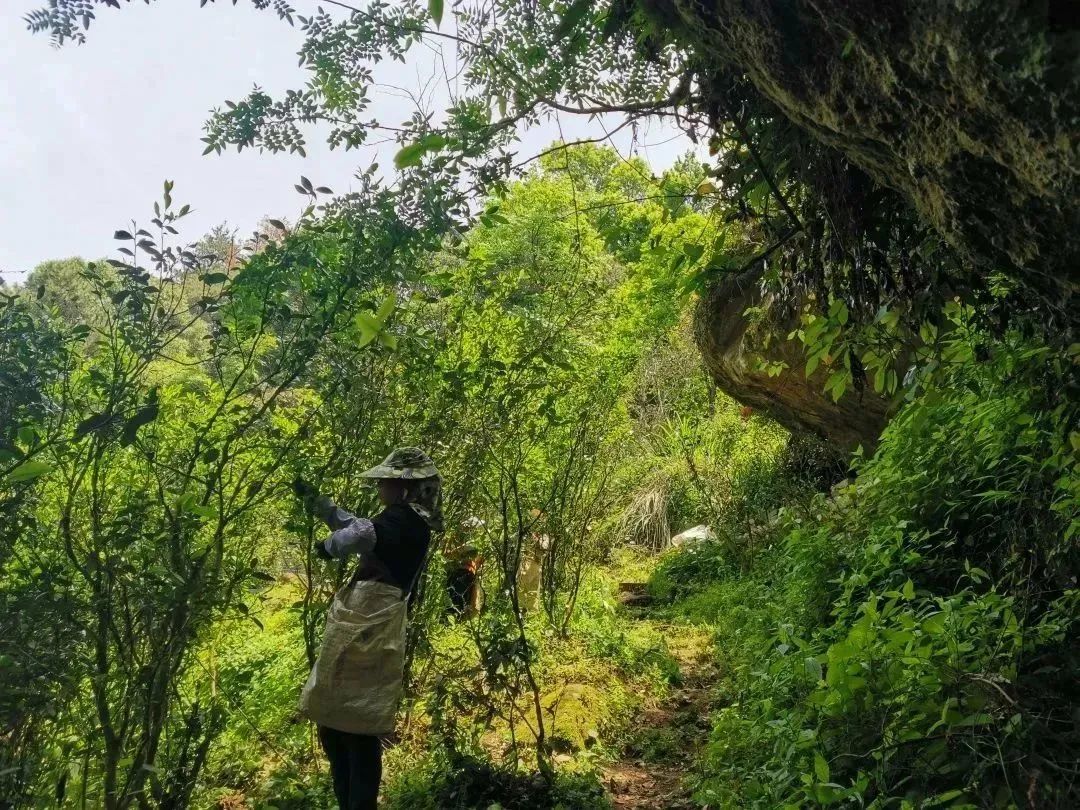
Drinking authentic rock cinnamon from places like Tianxin Rock, Matou Rock, and Liuguanzhai is akin to experiencing a gallant “general”; the tea feels robust and even slightly fierce, creating waves in the mouth. After swallowing, the cinnamon aroma remains wild. After four or five brews, the strength of the tea remains, but after six or seven brews, the commanding presence gradually fades, leaving only the initial tongue coating, with spiciness transitioning to osmanthus aroma, revealing a pure tea fragrance. As the nasal cavity processes the cinnamon aroma, the stimulating olfactory signals weaken, and the rich cinnamon fragrance in the tea gradually diminishes.
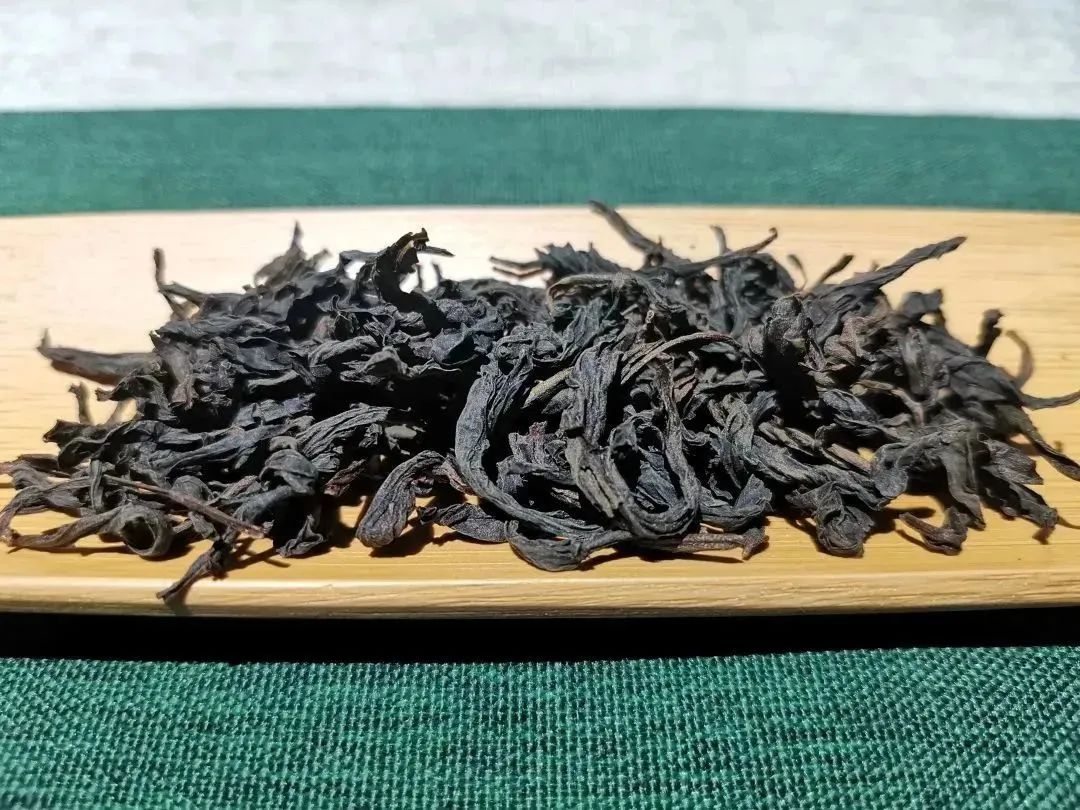
The lingering sweetness of cinnamon is akin to a person pursuing and achieving their life ideals without regard for obstacles, much like the sharp sweetness that follows the spiciness of cinnamon. The commanding presence of cinnamon embodies the passion of Wuyi tea artisans, capable of capturing the memory of tea drinkers. Many tea drinkers, after experiencing cinnamon, find its rich presence defining their tea selection, leading them to associate it with the diverse flavors of Chinese tea.

 END
END
Source: Minbei Daily – Tea Inquiry Special Edition (Images: Pei Lihui)
Produced by: Minbei Daily Economic Department
Editor: Pei Lihui
Submission Email: [email protected]

